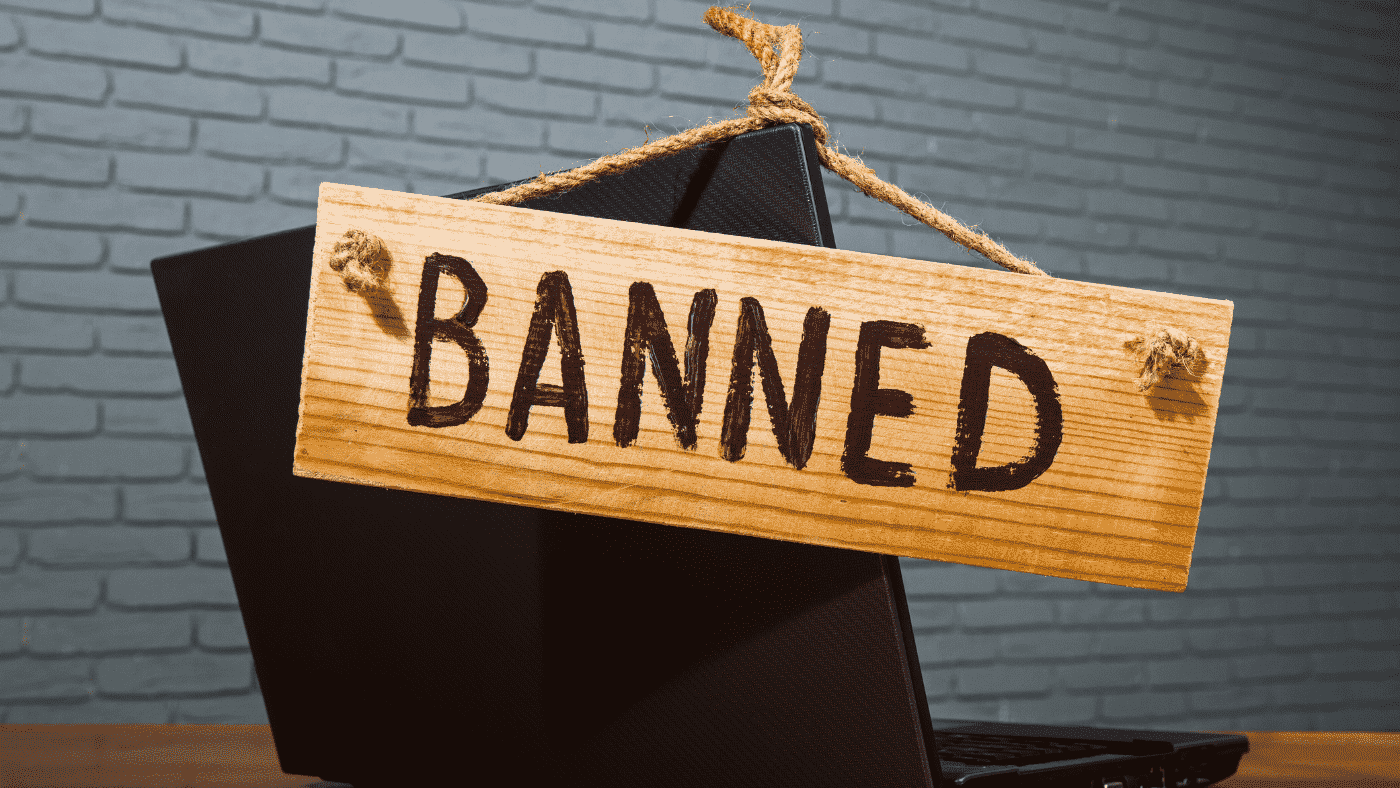
When is TikTok Getting Banned? Navigating the Uncertain Future of the Popular App
The question on many users’ minds is, “when is TikTok getting banned?” The popular short-form video app has faced scrutiny and potential bans in various countries due to concerns over data privacy, security, and its ties to the Chinese government. In this article, we’ll explore the ongoing debates surrounding TikTok bans, the reasons behind the concerns, and what the future may hold for the app and its millions of users worldwide.
TikTok, owned by the Chinese company ByteDance, has experienced rapid growth and global popularity since its launch. However, the app’s Chinese ownership has raised red flags among governments and policymakers who fear that user data could be accessed by the Chinese government. TikTok has repeatedly denied these allegations, stating that user data is stored securely and not shared with the Chinese government.

Countries Considering TikTok Bans
Several countries have either implemented or are considering bans on TikTok due to national security concerns. Here are some notable examples:
- United States: The U.S. government has been vocal about its concerns over TikTok’s data collection practices and potential ties to the Chinese government. In 2020, former President Donald Trump attempted to ban TikTok unless it was sold to a U.S. company. While the ban was blocked by courts, the debate over TikTok’s future in the U.S. continues.
- India: In June 2020, India banned TikTok along with dozens of other Chinese apps, citing national security and data privacy concerns. The ban dealt a significant blow to TikTok’s user base, as India was one of the app’s largest markets.
- European Union: The European Union has raised concerns over TikTok’s data practices and its compliance with the General Data Protection Regulation (GDPR). While no EU-wide ban has been implemented, some countries, such as the Netherlands, have launched investigations into TikTok’s data collection and privacy practices.
- Australia: Australia has also expressed concerns over TikTok’s data collection and potential ties to the Chinese government. In 2020, the Australian government launched an inquiry into the app’s data practices and its impact on national security.
The future of TikTok in these countries remains uncertain, as governments continue to assess the risks and consider potential actions.
Reasons Behind the Concerns
The primary concerns surrounding TikTok revolve around data privacy, security, and the app’s ties to the Chinese government. Here are some of the key reasons behind the calls for TikTok bans:
- Data Collection: TikTok collects vast amounts of user data, including personal information, browsing history, and location data. Critics argue that the app’s data collection practices are excessive and lack transparency.
- Chinese Ownership: TikTok’s parent company, ByteDance, is based in China. There are concerns that the Chinese government could compel ByteDance to hand over user data under China’s national intelligence laws.
- Censorship and Propaganda: Some critics argue that TikTok could be used as a tool for censorship and propaganda, with the Chinese government potentially influencing the content that is promoted or suppressed on the platform.
- Addiction and Mental Health: TikTok’s algorithm and endless scroll format have been criticized for their addictive nature and potential negative impact on users’ mental health, particularly among younger audiences.
TikTok’s Response and Efforts to Address Concerns
In response to the concerns and potential bans, TikTok has taken several steps to address the issues and maintain its global presence:
- Transparency and Data Security: TikTok has emphasized its commitment to transparency and data security. The company has established data centers outside of China and claims that user data is not subject to Chinese law.
- Independent Audits: TikTok has undergone independent audits to assess its data practices and security measures. The company has also established transparency centers to allow external experts to examine its algorithms and content moderation practices.
- Local Management: TikTok has hired local management teams in various countries to oversee its operations and ensure compliance with local laws and regulations.
- Education and Awareness: TikTok has launched educational initiatives to promote digital literacy and responsible use of the app, particularly among younger users and their parents.
The Future of TikTok
Despite the efforts to address concerns and maintain its global presence, the future of TikTok remains uncertain. The app continues to face scrutiny and potential bans in various countries, and the ongoing geopolitical tensions between China and other nations further complicate the situation.
As governments and policymakers assess the risks and consider potential actions, TikTok users are left wondering about the fate of their favorite app. Some users are exploring alternative platforms and backing up their content, while others remain hopeful that TikTok will find a way to navigate the challenges and continue operating.
Conclusion
The question of when TikTok is getting banned remains a complex and evolving issue. As concerns over data privacy, security, and the app’s ties to the Chinese government persist, the future of TikTok hangs in the balance. While the app has taken steps to address the concerns and maintain its global presence, the ongoing debates and potential actions by governments worldwide leave TikTok’s fate uncertain. As users, it’s important to stay informed about the latest developments, prioritize online safety, and make informed decisions about our digital footprint. Only time will tell what the future holds for TikTok and its millions of users around the world.


